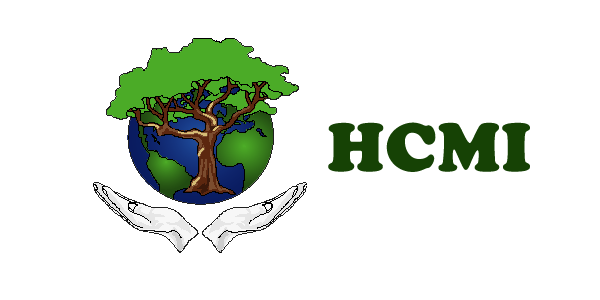Mouth Support Remedy
 The mouth, also known as the oral cavity, swallows food that goes down the esophagus and into the stomach. The mouth is the first portion of the alimentary canal that receives food. The mouth plays an important role in eating, drinking and breathing. Infants are born with a sucking reflex, they instinctively know to suck for nourishment using their lips and jaw. The mouth, normally moist, is lined with a mucous membrane and contains the teeth and salivary glands. The lips mark the transition from mucous membrane to skin, which covers most of the body.
The mouth, also known as the oral cavity, swallows food that goes down the esophagus and into the stomach. The mouth is the first portion of the alimentary canal that receives food. The mouth plays an important role in eating, drinking and breathing. Infants are born with a sucking reflex, they instinctively know to suck for nourishment using their lips and jaw. The mouth, normally moist, is lined with a mucous membrane and contains the teeth and salivary glands. The lips mark the transition from mucous membrane to skin, which covers most of the body.
The Mouth Support Remedy provides support for general mouth and salivary functions. Salivary glands produce saliva. They also secrete amylase, an enzyme that breaks down starch into maltose, making salivary glands the first process of digestion. The largest gland is the parotid, followed by the submandibular gland which produces 70% of saliva. We also have the sublingual glands and over 600 other minor salivary glands embedded in the submucosa of the mouth. Von Ebner's glands are glands found in circumvallate papillae of the tongue. They secrete a serous fluid that begins the digestion of fatty acids. They facilitate the perception of taste.
In addition to its primary role as the start of the digestive system, in humans, the mouth plays a significant role in communication. While primary aspects of the voice are produced in the throat, the tongue, lips, and jaw are also needed to produce the range of sounds included in human language. Another non-digestive function of the mouth is its role in secondary social and/or sexual activity, such as kissing.
 The philtrum is the vertical groove in the upper lip, formed where the nasomedial and maxillary processes meet during embryo development. When these processes fail to fuse fully, a hare lip and/or cleft palate can result. Studies have shown that the more pronounced your philtrum (particularly in woman) the easier it is to reach orgasm.
The philtrum is the vertical groove in the upper lip, formed where the nasomedial and maxillary processes meet during embryo development. When these processes fail to fuse fully, a hare lip and/or cleft palate can result. Studies have shown that the more pronounced your philtrum (particularly in woman) the easier it is to reach orgasm.
Fun Facts
- It takes food seven seconds to get from your mouth to your stomach when you swallow.
- The average cough comes out of your mouth at 60 miles per hour.
- Smile enhancing procedures outnumbered eyelid surgeries 5 to 1.
- A person cannot taste food unless it is mixed with saliva. For example, if a strong-tasting substance like salt is placed on a dry tongue, the taste buds will not be able to taste it.
Health Conditions
- Burning Mouth Syndrome (BMS) is a chronic, painful condition characterized by burning sensations in the tongue, lips, palate (roof of the mouth), gums, inside of the cheeks and the back of the mouth or throat.
- Canker sores are small, painful, persistent sores with recurrence rates of up to 50 percent. Up to 25 percent of the population have these.
- Dry mouth syndrome, also known as xerostomia, is a dry, uncomfortable feeling in your mouth that results from a decrease in the amount of your saliva.
- Oral Cancer is often painless initially and therefore difficult to detect.
- Oral herpes is a common and generally benign viral condition that produces painful and frequently unsightly sores on the lips or adjacent skin.
- Oral thrush - or oral candidiasis - is a fungal infection of the mouth common among denture wearers, infants and people with weakened or compromised immune systems.
- Mumps are a virus that causes swelling of the salivary gland, generally the parotid gland.
- Sjögren's syndrome is a condition where immune cells attack and destroy the salivary and tear producing glands.
- Mucocele is a swelling of connective tissue consisting of collected mucin (mucus) due to a ruptured salivary gland duct usually caused by local trauma, or an obstructed or ruptured salivary duct.
Suggestions To Strengthen
- Chew Your Food 25-40 times before swallowing.
- Keep the teeth clean and free of plaque.
- Avoid burning or injuring the mouth.
